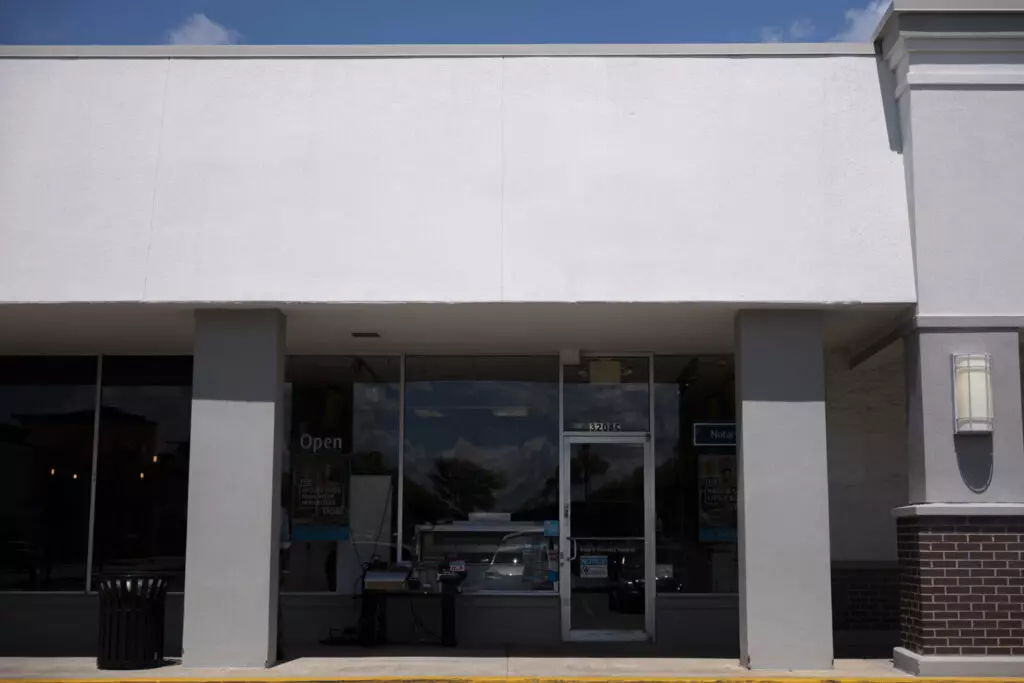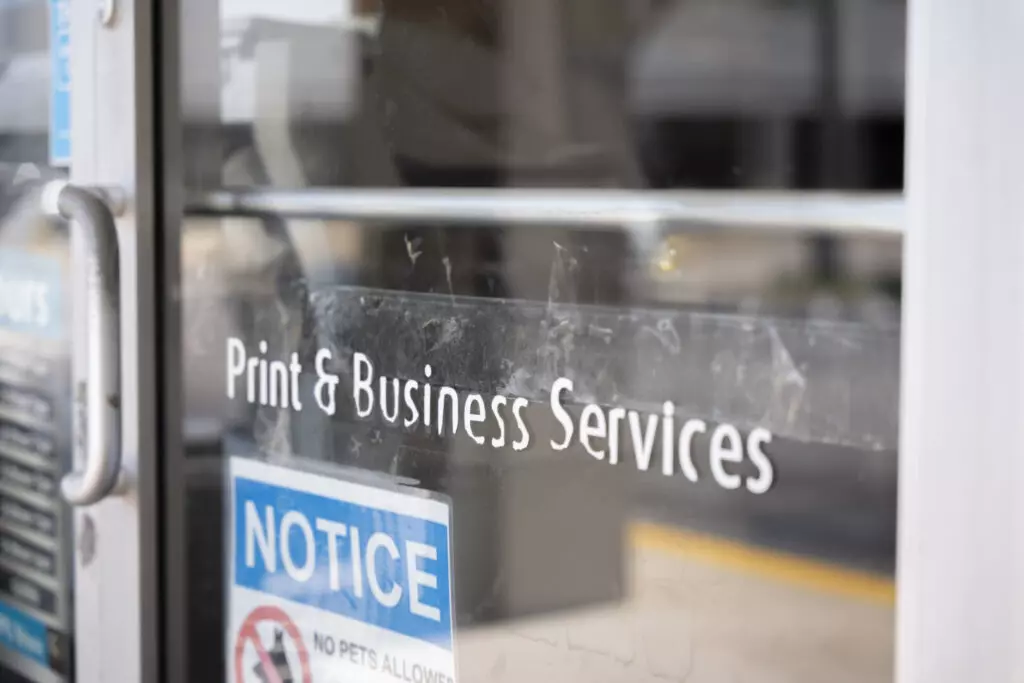UPS Store franchises offer a fantastic opportunity for entrepreneurs in the retail and service industry.
This guide will provide a detailed overview of the costs involved in owning a UPS Store Franchise, the extensive training and support offered, and the potential challenges and market opportunities available.
UPS, a globally recognized brand, provides a robust business model and a comprehensive support system, making it an attractive option for business owners. However, it is important to understand all aspects before making an investment.
Overview and Costs of a UPS Store Franchise.
Initial Investment and Fees for a UPS Store.
Starting a UPS Store Franchise involves several costs. The total investment usually ranges from $138,000 to $470,000.
This amount includes the franchise fee, equipment, improvements to the store, and initial stock. Here’s a detailed breakdown of the UPS Store Franchise Cost:
| Cost Component | Amount (USD) |
|---|---|
| Total Investment | $138,000 - $470,000 |
| Franchise Fee | $29,950 |
| Equipment and Supplies | $40,000 - $60,000 |
| Leasehold Improvements | $50,000 - $150,000 |
| Initial Inventory | $20,000 - $40,000 |
Franchise Fee.
The franchise fee is a one-time payment made when you first buy the franchise. The UPS Store Franchise fee is usually around $29,950, covers the cost of getting started with the UPS Store, including the right to use the UPS brand and business model.
Equipment and Supplies.
Setting up a UPS franchise requires purchasing equipment and supplies necessary for daily operations. This includes items such as computers, printers, packaging materials, and furniture. The cost for these items typically ranges from $40,000 to $60,000.
Leasehold Improvements.
Initial Inventory.
Ongoing Costs of a UPS Store Franchise.
| Ongoing Cost Component | Percentage/Amount |
|---|---|
| Royalty Fee | 5% of gross sales |
| Marketing Fee | 2.5% of gross sales |
| Operational Expenses | Varies |
Royalty Fee
Marketing Fee
UPS Store Franchise owners also contribute to a national marketing fund, usually 2.5% of gross sales. This fund is used for advertising and promoting the UPS brand on a larger scale.
Operational Expenses
UPS Store Franchise Training and Support.
One of the biggest advantages of investing in a UPS Store Franchise is the training and support provided by UPS. This includes initial training on how to run the business and ongoing support to help the franchise succeed.
Initial Training
New UPS Store franchise owners usually go through a comprehensive training program that lasts several weeks. This training covers all aspects of running the business, from day-to-day operations to long-term planning. Owners learn about UPS’s systems, customer service standards, and marketing techniques.
Ongoing Support
Site Selection and Lease Negotiation for a UPS Store.

Site Selection Process
- Market Analysis: Understanding the demographics, local economy, and consumer behavior in potential areas.
- Site Evaluation: Visiting and evaluating potential sites to assess their suitability.
- Lease Negotiation: Negotiating lease terms to secure favorable conditions and rates for the franchise.
Lease Negotiation Tips
- Understand Your Needs: Clearly define the space requirements, layout preferences, and operational needs.
- Seek Professional Help: Consider hiring a commercial real estate broker or attorney to assist with negotiations.
- Negotiate Flexible Terms: Aim for favorable terms such as renewal options, rent escalation clauses, and tenant improvement allowances.
Technology and Innovation.

Key Technologies of a UPS Store.
- Point of Sale (POS) Systems: Modern POS systems offer features like inventory management, sales tracking, and customer relationship management.
- Online Ordering and E-commerce: UPS offers online ordering and e-commerce platforms to expand their reach and convenience for customers.
- Digital Marketing Tools: These tools help UPS franchisees manage and optimize their marketing efforts across various digital channels.
Innovation in Services
Market Opportunities.
| Franchise Model | Description | Benefits |
|---|---|---|
| Traditional Retail Locations | Standalone stores in high-traffic areas like shopping centers and busy streets. | High visibility and customer traffic |
| Store-within-a-Store Models | Setting up a UPS franchise location inside an existing retail store. | Reduced overhead costs, access to established customer base |
| Non-Traditional Locations | Locations such as universities, hotels, and convention centers. | Unique customer segments, convenient service areas |
Franchise Financing Options for a UPS Store Franchise.
Financing Options.
- Traditional Bank Loans: Many banks offer loans specifically designed for franchise businesses. These loans often come with competitive interest rates and terms.
- Small Business Administration (SBA) Loans: The SBA offers various loan programs that can provide funding for franchisees. These loans often have favorable terms and lower down payment requirements.
- Franchisor Financing: UPS may offer financing options directly to their franchisees. These programs may include loans, grants, or deferred payment plans.
- Alternative Lenders: Online lenders and other non-traditional financing sources can provide quick access to funds, though they may come with higher interest rates.
UPS Store Potential Challenges for First-Time Entrepreneurs.
High Initial Investment.
Ongoing Financial Obligations.
Operational Complexity.
Competitive Market.
Franchise Regulations.
Ready to Invest in a UPS Store Franchise?
Investing in a UPS Store Franchise presents a significant opportunity for entrepreneurs, combining the security of a proven business model with the benefits of being part of an established network.
The initial investment, which ranges from $138,000 to $470,000, encompasses essential costs such as franchise fees, equipment, leasehold improvements, and initial inventory. These elements are crucial for setting up a franchise that meets the operational standards and service quality expected in the industry.
The ongoing costs, including a 5% royalty fee and a 2.5% marketing fee, ensure continuous support and brand promotion, essential for maintaining a competitive edge in the market. Operational expenses, which vary based on location and scale, are another critical aspect that franchise owners must manage effectively to sustain profitability.
The extensive training and support provided by UPS, covering initial training and continuous professional development, equip franchise owners with the necessary skills and knowledge to operate efficiently. This support is complemented by advanced technology platforms, which streamline operations and enhance customer service.
Site selection and lease negotiation are pivotal in determining the franchise’s success, with UPS often playing a key role in securing optimal locations. The adoption of innovative technologies and services further positions the franchise to meet evolving customer needs, ensuring sustained relevance and competitiveness.
Understanding and leveraging various financing options, including traditional bank loans, SBA loans, franchisor financing, and alternative lenders, can significantly ease the financial burden of starting a franchise. Each financing option offers distinct advantages, and selecting the right one depends on the franchisee’s specific circumstances and financial goals.
However, for first-time entrepreneurs, the high initial investment, operational complexity, and ongoing financial commitments can present challenges. It is essential to weigh these factors carefully and consider whether a UPS Store Franchise aligns with one’s financial capacity, management skills, and business goals. The high initial investment required to start a UPS Franchise can be a significant barrier, and the ongoing costs need careful financial planning and management. Running a UPS franchise involves managing multiple aspects of the business, which can be daunting for those new to business ownership.
In summary, owning a UPS franchise requires careful consideration of the initial and ongoing costs, effective management of operational expenses, strategic site selection, and a commitment to leveraging available training and technological support. With the right preparation and dedication, franchise ownership in the retail and service sector can be a rewarding and profitable venture, offering a stable business environment backed by a robust support system. For more detailed UPS franchise information, potential franchise owners should refer to the Franchise Disclosure Document and seek further insights from the official UPS franchise website.
By understanding the comprehensive support system, the potential financial requirements, and the operational complexities, prospective franchise owners can make an informed decision about investing in a UPS store franchise.
Click here to discover available franchises and connect with us today!



























